The most surprising aspect of the upcoming Godzilla Vs. Kong, scheduled for 2020, isn’t that it will feature name actors like Alexander Skarsgard, Millie Bobby Brown, Rebecca Hall, and Kyle Chandler in a film whose selling point is “The gigantic Kong meets the unstoppable Godzilla.”
Nor is it that there will be another Godzilla film released even before this one. In 2019, audiences will see Godzilla: King of the Monsters, with much of the same cast as the one planned for 2020, telling a story of the freakish super sea creature that collided with Mothra, Rodan, and the three-headed King Ghidorah.
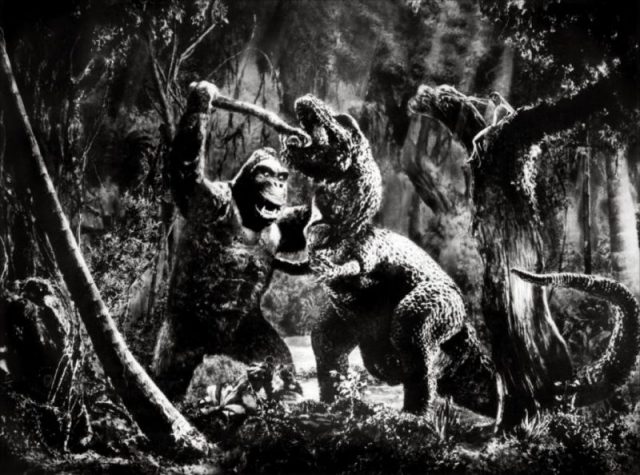
No, perhaps the most mind-boggling thing about the Godzilla Vs. Kong face-off is that it is actually a remake of a film made in 1963.
Yes, 65 years ago, there was a Japanese science fiction crossover film, released in Japan and then re-edited for the United States, named King Kong Vs. Godzilla, which was a tremendous hit for Toho, the Japanese maker of kaiju and tokusatsu films.
In it, a pharmaceutical firm captures King Kong and brings the outsize primate to Japan for a showdown with Godzilla.

King King Vs. Godzilla’s tone is comedic, which startled some in America, who did not think of King Kong as a monster made for laughs.
The 1933 original King Kong, starring Fay Wray, is a classic. When the besieged giant ape climbs the Empire State Building, it is one of the most famous scenes in any movie. Roger Ebert called the movie “a curiously touching fable.”
No one ever considered the original Godzilla, made in Japan in 1954, touching. But it is a true pop culture phenomenon with a compelling subtext of nuclear holocaust spawning monstrous freaks.
It is also one of the longest lasting franchises in film history.
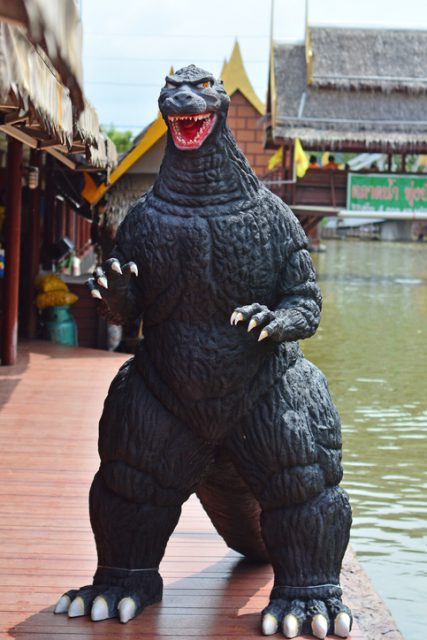
King Kong Vs. Godzilla was the third film in that franchise. “This is one of those films that are so deliberately stupid that it’s impossible either to take them seriously or criticize them in any meaningful way,” mused one film critic in 1963.
The film did introduce Godzilla’s trademark high-pitched roar. It was also the first time either Godzilla or King Kong were filmed in color and in wide screen. With more than 12 million tickets sold, it was the most highly attended Godzilla film in Japanese history.
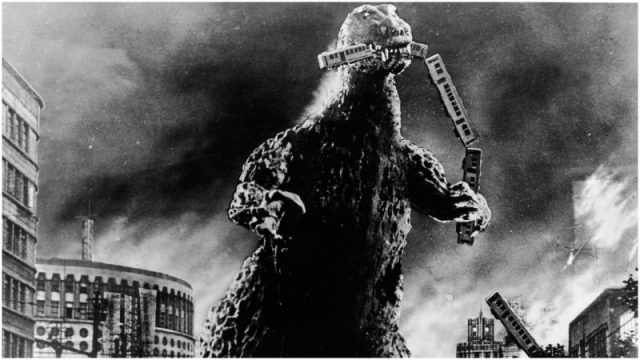
Both franchises have been reimagined since the 1960s. Jessica Lange was memorably scooped up by King Kong in the 1976 version. Matthew Broderick had to save his city from Godzilla in a 1998 flick.
In the 21st century, empowered by serious CGI effects and led by enthusiastic directors, the monster movies took it up a notch. In 2014, Godzilla had a reboot. The new Hollywood version starred Aaron Taylor-Johnson, Ken Watanabe, and Bryan Cranston.
It was quite a financial success, with a take of $529 million worldwide, and some saying its opening weekend broke the box office record for a disaster film. The franchise was powered up again.
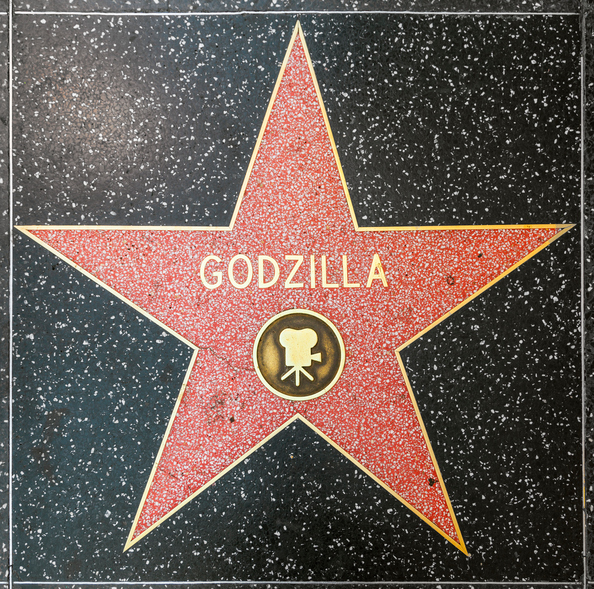
On the other wide of the creature-feature equation, just last year cinema-goers were treated to Kong: Skull Island, starring Tom Hiddleston, Samuel Jackson, John Goodman, and Brie Larson. The box office total for this film was similar: more than $500 million worldwide.
So perhaps it is not such a surprise that Godzilla and King Kong are circling each other once more.
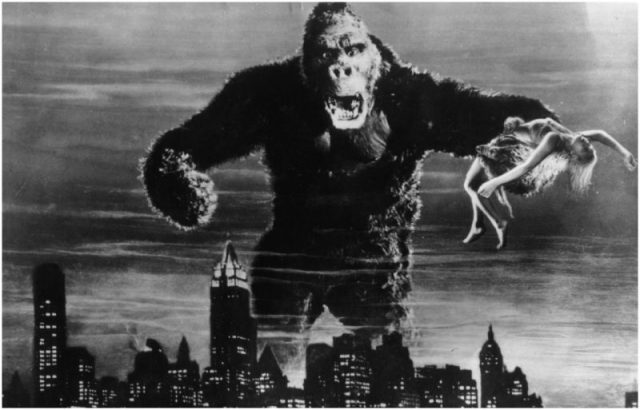
But is it a sequel or a remake, and is it also a mashup? Hard to say. The movie has been explained thus: Godzilla Vs. Kong will be the 36th film in the Godzilla series and the ninth in the King Kong series.
Bringing in yet another element from pop-culture epics, an actress from Game of Thrones has been cast in Godzilla Vs. Kong. Jessica Henwick, who played Sand Snake Nymeria Sand on GOT, has joined the cast, though details about Henwick’s role in the monster showdown are unknown.
https://www.youtube.com/watch?v=OVwsiIKOBsA
Plot details are secretive about the entire film, but the director made one point of philosophy clear.
Read another story from us: King Kong – The Real Story that Inspired the Film
“I do want there to be a winner,” Adam Wingard told Entertainment Weekly. “The original film was very fun, but you feel a little let down that the movie doesn’t take a definitive stance. People are still debating now who won in that original movie, you know. So, I do want people to walk away from this film feeling like, Okay, there is a winner.”
The film’s release is set for May 22, 2020.
Nancy Bilyeau is a former editor at Rolling Stone and Entertainment Weekly. She is the author of four historical novels. For more information, go to www.nancybilyeau.com.
